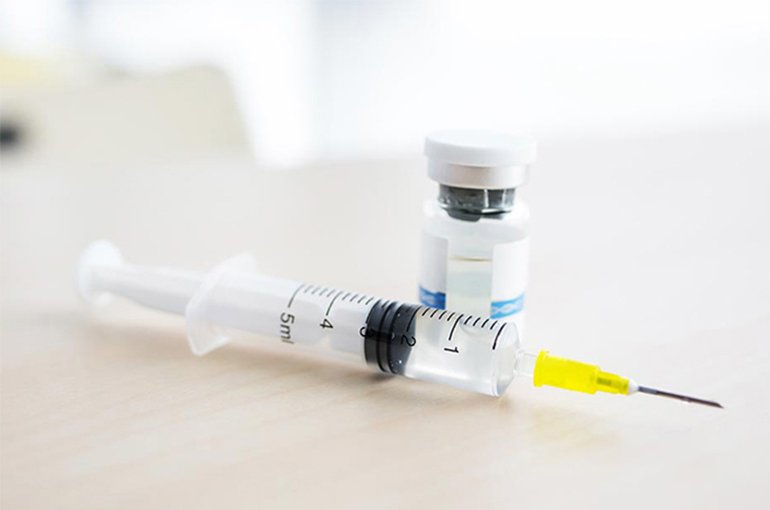 China’s Everest Medicines Rallies After Starting Clinical Trial of mRNA Cancer Vaccine
China’s Everest Medicines Rallies After Starting Clinical Trial of mRNA Cancer Vaccine(Yicai) March 7 -- Everest Medicines surged after the Chinese biopharmaceutical company announced it kicked off the clinical trial of its first self-developed therapeutic mRNA cancer vaccine.
Everest [HKG: 1952] was trading 16.7 percent up at HKD58.80 (USD7.56) as of lunch break in Hong Kong today.
The first patient has been dosed with EVM16 at Peking University Cancer Hospital, marking a major milestone as Everest’s proprietary artificial intelligence-based tumor neoantigen prediction algorithm and clinically validated mRNA platform progress into human trials, the Shanghai-based company announced yesterday.
EVM16 is a novel personalized therapeutic mRNA cancer vaccine that contains neoantigens with high immunogenicity potential, predicted based on the unique tumor mutations of each patient using Everest’s proprietary AI-based neoantigen prediction algorithm EVER-NEO-1, Everest explained. It uses a lipid nanoparticle delivery system to deliver neoantigen-encoded mRNA in vivo, activating neoantigen-specific tumor-killing T cells and inhibiting tumor growth.
The clinical trial, which will be carried out jointly at Peking University Cancer Hospital and Fudan University Shanghai Cancer Center, aims to assess the safety, tolerability, immunogenicity, and preliminary efficacy of EVM16 as a monotherapy and in combination with a PD-1 antibody in patients with advanced or recurrent solid tumors, Everest noted.
“In recent years, AI has become a major force in drug development, especially in the area of mRNA vaccines,” Everest’s Chief Executive Officer Rogers Luo said. “AI is increasingly seen as a crucial tool for boosting research efficiency and accuracy, attracting substantial attention from both the biopharmaceutical industry and governments worldwide.
“Everest has demonstrated the clinical validation capabilities of its mRNA platform since 2021, with an emphasis on employing AI to identify tumor neoantigens,” Luo added. “By continually optimizing its algorithms, the company has enhanced the precision of neoantigen recognition and validation, giving it a strong foundation and a competitive edge in developing mRNA-based cancer vaccines.”
MRNA cancer vaccines are an emerging treatment approach that intends to establish long-lasting protective mechanisms by activating cellular and humoral immunity.
The global and Chinese mRNA cancer vaccine markets are expected to reach USD14.5 billion and CNY2.5 billion (USD345 million), respectively, by 2030 and further grow to USD21 billion and CNY10 billion (USD1.4 billion) by 2035, according to a research report released by Citic Securities last September.
Editor: Futura Costaglione